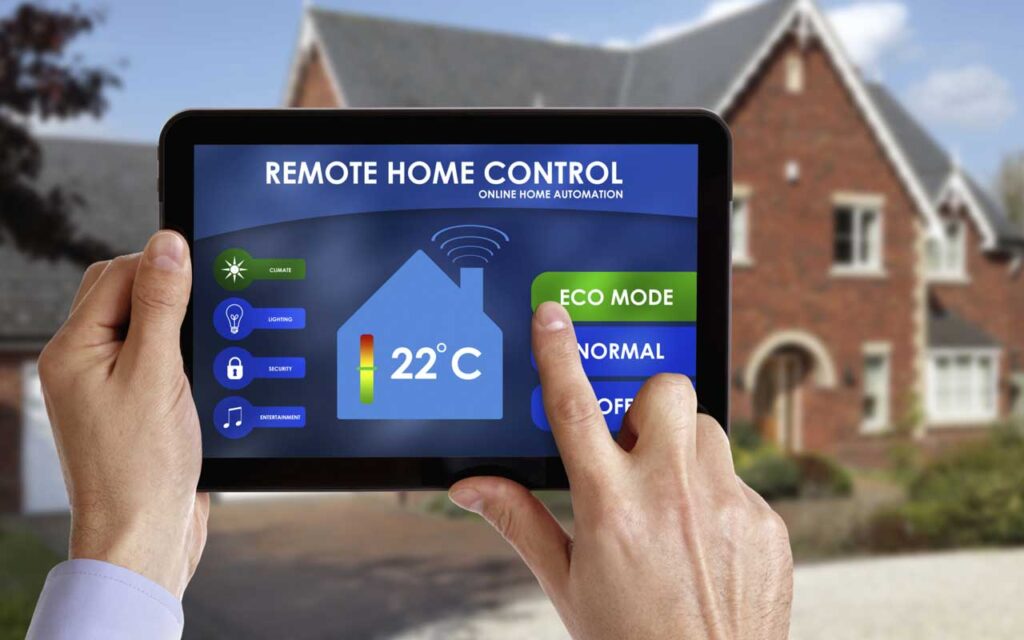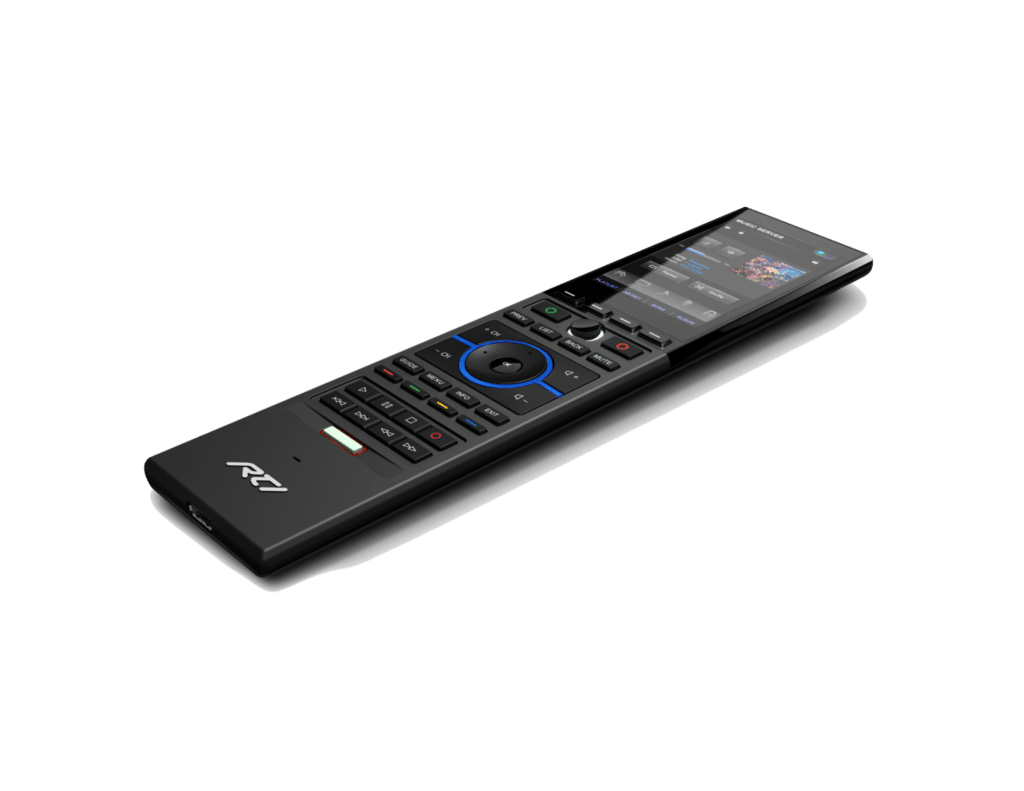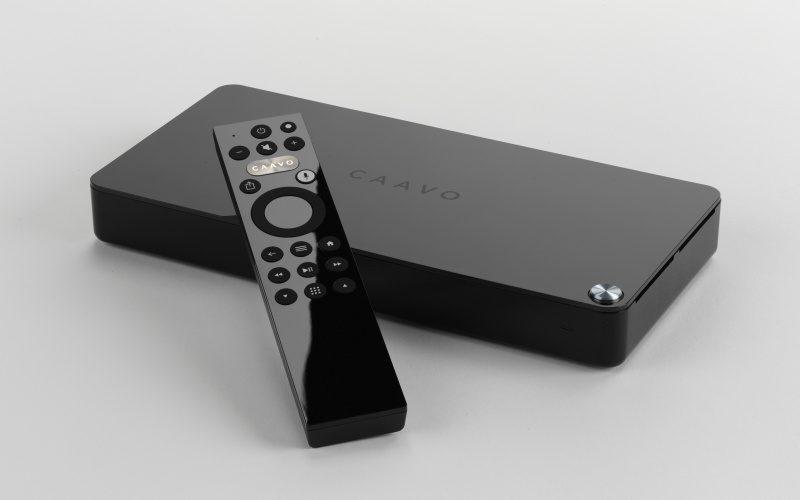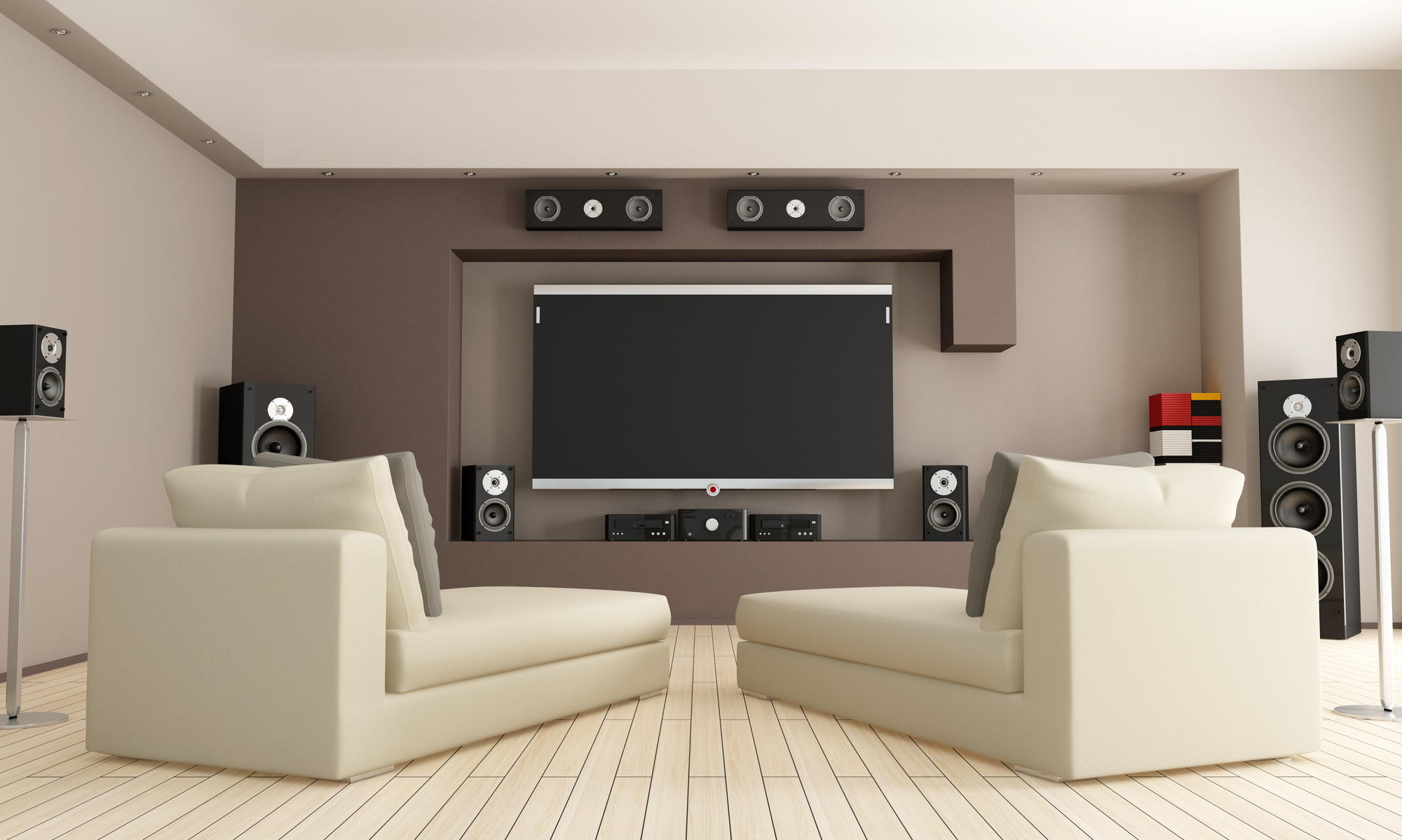Imagine being able to control your entire home entertainment system from the comfort of your couch or even from miles away. With the advancements in technology, smart home entertainment systems have become a reality, providing convenience, flexibility, and an enhanced entertainment experience. Whether you want to adjust the volume, change the channel, or even stream your favorite movie while you’re away, the possibilities are endless. In this article, we will explore the exciting world of remotely controlling smart home entertainment systems and how they are revolutionizing the way we enjoy entertainment in our homes.
Overview
Smart home entertainment systems have revolutionized the way we enjoy music, movies, and other forms of entertainment in the comfort of our own homes. With remote control capabilities, these systems offer convenience and flexibility, allowing users to effortlessly control their entertainment devices from anywhere within their network range. In this comprehensive article, we will explore the various aspects of remote controlling smart home entertainment systems, including the definition, types, advantages, challenges, technologies, compatibility, integration, benefits, security concerns, and future developments.
Introduction to Smart Home Entertainment Systems
Definition of smart home entertainment systems
Smart home entertainment systems refer to a collection of devices and technologies that are integrated into a home network to provide a seamless and immersive entertainment experience. These systems typically consist of audio/video receivers, televisions, speakers, game consoles, streaming devices, and other multimedia devices that can be controlled remotely using various technologies.
Types of smart home entertainment systems
Smart home entertainment systems come in various forms, catering to different preferences and budgets. Some examples include home theater systems, multi-room audio systems, gaming setups, and virtual reality experiences. These systems can be customized according to individual needs, allowing users to create their ideal entertainment environment.

This image is property of brainyourhome.com.
Remote Control of Smart Home Entertainment Systems
What is remote control?
Remote control is the ability to operate and manage smart home entertainment devices without being physically present near them. It allows users to navigate menus, adjust volume, switch between devices, and perform other functions using a handheld remote, smartphones, tablets, voice commands, or virtual assistants.
Advantages of remote controlling smart home entertainment systems
Remote controlling smart home entertainment systems offers numerous advantages. Firstly, it eliminates the need for multiple remotes, as users can control all their devices from a single device or app. Additionally, it provides convenience and ease of use, allowing users to control their entertainment systems from anywhere within their network range. This means you can adjust the volume, change the track or even start a movie from the comfort of your couch, without interrupting the viewing experience.
Challenges of remote controlling smart home entertainment systems
While remote controlling smart home entertainment systems is incredibly convenient, it does come with its own set of challenges. One such challenge is the compatibility between devices and remote control technologies. Not all devices support the same remote control methods, which can be frustrating for users who wish to have a unified control experience. Additionally, ensuring a secure and reliable connection between devices can also pose challenges, especially in cases where the devices are located in different parts of the house or connected to different networks.
Remote Control Technologies
Wi-Fi
Wi-Fi technology has become a cornerstone of remote controlling smart home entertainment systems. Most modern smart home devices are equipped with Wi-Fi connectivity, allowing users to control them through dedicated apps on their smartphones or tablets. With a stable Wi-Fi connection, users can easily navigate through menus, stream content, and even mirror screens on their entertainment devices.
Bluetooth
Bluetooth technology is another popular method for remote controlling smart home entertainment devices. With Bluetooth, users can connect their smartphones, tablets, or dedicated remote controls directly to their devices, eliminating the need for an internet connection. This allows for a more seamless and immediate control experience.
Voice control
Voice control has gained significant popularity in recent years, thanks to advancements in artificial intelligence and natural language processing. With voice control, users can simply speak commands to their smart home entertainment systems, enabling hands-free operation. Leading virtual assistants such as Amazon Alexa, Google Assistant, and Apple Siri have integrated support for controlling entertainment devices, making it even more convenient for users to interact with their systems.
Mobile apps
Many smart home entertainment systems offer dedicated mobile apps that provide remote control capabilities. These apps allow users to control their devices from their smartphones or tablets, offering a familiar and intuitive interface for seamless operation. These apps often provide additional features, such as personalized recommendations, content management, and scheduling options.
Virtual assistants
Virtual assistants are AI-powered technologies that can interact with users and perform tasks based on voice commands. These assistants, such as Amazon Alexa, Google Assistant, and Apple Siri, can be integrated with smart home entertainment systems, allowing users to control their devices through voice commands. This hands-free approach adds a new level of convenience and makes controlling entertainment systems feel more natural.
This image is property of www.control4.com.
Compatibility and Integration
Compatibility between smart home entertainment system and remote control technologies
Compatibility between smart home entertainment systems and remote control technologies is crucial for a seamless and unified control experience. It is important for users to check if their chosen entertainment devices support the desired remote control methods, such as Wi-Fi, Bluetooth, or voice control. Additionally, manufacturers are constantly working on expanding compatibility and ensuring a wider range of devices can be seamlessly controlled using various remote control technologies.
Integration with other smart devices and systems
One of the advantages of smart home entertainment systems is their ability to integrate with other smart devices and systems. This integration allows for a more holistic and interconnected smart home experience. For example, users can integrate their entertainment systems with smart lighting, so the lights automatically dim when they start watching a movie. This level of integration enhances convenience and further enhances the overall entertainment experience.
Benefits of Remote Control
Convenience and ease of use
Perhaps the most significant benefit of remote controlling smart home entertainment systems is the convenience it offers. With the ability to control your devices from a single remote, smartphone, or voice commands, you no longer have to fumble through multiple remotes or get up to adjust settings. This convenience allows for a more enjoyable and seamless entertainment experience.
Flexibility in controlling smart home entertainment systems
Remote control provides users with unparalleled flexibility in managing their smart home entertainment systems. Whether you are in the living room, kitchen, or even outside the house, you can easily control your devices. This flexibility allows you to start a movie or playlist, adjust volume, or switch between devices without being tied down to a specific location.

This image is property of smarterhomesaustin.com.
Security Concerns
Remote control vulnerabilities
With the advancement of technology, concerns about security vulnerabilities have become more prevalent. Remote controlling smart home entertainment systems can potentially expose you to certain risks, such as unauthorized access and hacking. If not properly secured, your entertainment devices and network can serve as entry points for cyberattacks or invasion of privacy. It is important to take necessary precautions and ensure that your devices are protected.
Protecting smart home entertainment systems from unauthorized access
To protect your smart home entertainment systems from unauthorized access, it is recommended to follow security best practices. This includes regularly updating the firmware and software of your devices, using strong and unique passwords, enabling two-factor authentication, and securing your home network with a robust firewall. It is also important to be mindful of the permissions and access rights granted to third-party apps and virtual assistants.
Future Developments
Advancements in remote control technologies
As technology continues to evolve, we can expect advancements in remote control technologies for smart home entertainment systems. These advancements may include improved voice recognition, gesture control, and even brain-computer interfaces. With continued research and innovation, controlling entertainment systems will become even more seamless and intuitive.
Integration with AI and machine learning
The integration of remote control technologies with AI and machine learning opens up new possibilities for smart home entertainment systems. By analyzing user preferences and behavior, these systems can automatically adjust settings, recommend personalized content, and learn from user interactions to provide a truly tailored entertainment experience. The combination of AI, machine learning, and remote control technologies will pave the way for exciting developments in the future of smart home entertainment.

This image is property of images.hometheaterreview.com.
Conclusion
Remote controlling smart home entertainment systems offers unparalleled convenience, flexibility, and customization options. With technologies such as Wi-Fi, Bluetooth, voice control, and mobile apps, users can effortlessly control their devices from anywhere within their network range. However, it is important to consider compatibility, integration, security concerns, and future developments when utilizing remote control capabilities. By staying informed and implementing best practices, you can fully embrace the benefits of remote controlling your smart home entertainment systems and elevate your entertainment experience to new heights.





